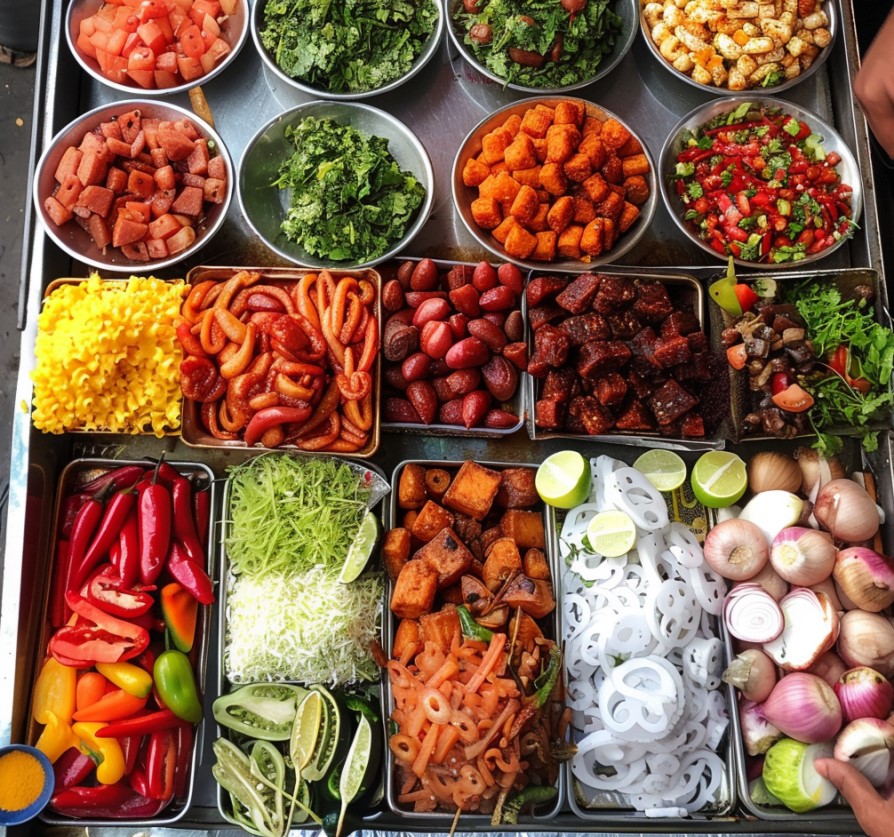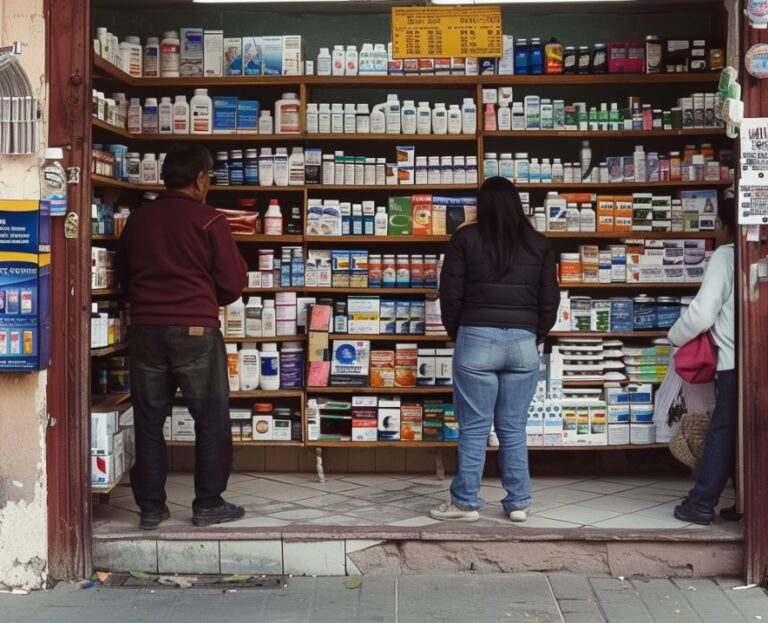What food can I take to Bolivia?
Bolivia, a country located in South America, has specific rules concerning the import of food. The regulations are meant to make certain that the country’s food supply is safe and of high quality. If you intend to bring food into Bolivia as a traveler or expatriate, it is important to know what you can bring and what you cannot. In this article, we will serve as an ultimate guide on the types of foods that one can carry when going to Bolivia with emphasis on the regulations and restrictions attached.
Food Prohibited
Before talking about the allowed food items, it is important to know what is prohibited from being taken into Bolivia. These will include:
- Merchandise harmful: any food item considered capable of causing damage to the environment, human health, or life or impairing the preservation of animal or plant life (Ilgaz 2014).
- Such as decomposed items: edible products that have started decomposing and those that have been contaminated (Ilgaz 2014).
- Sick plants or animals: Food affected by illness or plague (Ilgaz 2014).
- Waste from radioactive substances or other residuals: Waste from radioactive substances or other dangerous waste (Wilson 2005)
- Ozone-depleting agents: Substances damaging the ozone layer (Wilson 2005)
- Some goods pose a threat to the Bolivian state and/or its financial system: This is why there are restrictions on certain things like secondhand clothes, foreign lottery tickets, and vehicles with specific designs that could be security risks.
Food Regulated
In addition to banned products there are some foodstuffs that require regulation and need permits/subscribed documentation:
- Edible food products and agricultural commodities: Prior to importation, these goods must be listed with the National Service for Agricultural & Nutritional Sanitation – SENASAG.
- Pharmaceuticals and Formulas: Pharmaceuticals and formulas should be registered under the Ministry Of Health And Sport before their importation.
- Pesticides and veterinary medicines: These items are regulated by SENASAG and require import permits (Wilson 2005).
- Seeds and plants: Besides a phytosanitary certificate from an agricultural authority in the country of origin, all plant products must possess a SENASAG certificate (Gandhi et al 2000).
Foods that are permitted
Even though some food items are not allowed in Bolivia, a lot can be taken inside. Here are several instances:
- Fresh fruits and vegetables: Although fresh fruits and vegetables can usually be brought in, they must be pest and disease-free.
- Dried fruits and nuts: Dried fruit and nuts may be carried but they should be packaged properly to avoid getting contaminated.
- Canned goods: Canned foods like canned fruits, vegetables as well as meats are allowed but must be in good condition and not expired.
- Baked goods: Breads, cakes as well as pastries may go through but have to be packed properly to avoid any contamination.
- Dairy products: Milk, cheese or yogurt is permissible but should not have gone bad or damaged.
- Meat and poultry products: There is permission for meat and poultry products such as beef, chicken, and pork so long as they are in their best performance condition or haven’t expired yet.
Documents required
For smooth customs clearance, it is important to have the right papers for the foodstuffs being brought into Bolivia. These documents include:
- Invoice: this shows what has been imported.
- Ocean bill of lading, inland bill of lading, through bill of lading, air waybill: these documents serve as evidence of shipment and must accompany the shipment to facilitate customs clearance.
- Proof of insurance: proof showing that insurance exists to cover the value of the goods during transit.
- Certificate of pre-shipment inspection: this document must accompany certain regulated items which include pesticides plus seeds among others.
- Packing list: it provides information on all items that were shipped.
- Certificate of origin: this document is compulsory for some commodities including agricultural produce.
Read also Medications not allowed in Bolivia
Special Considerations
Certain particular circumstances should be borne in mind when importing food items into Bolivia:
- Diplomatic shipments: Diplomatic shipments require special conditions and are subject to different laws.
- Used clothing and accessories: Secondhand garments and accessories are not allowed except when officially permitted by the concerned authority.
- Vehicles: There are specific rules regarding vehicles, including their parts and accessories.
Conclusion
In conclusion, there exist limitations on some kinds of foodstuffs while many others can be brought to Bolivia. One must know the regulations and restrictions to make customs clearance easy without issues. This is a simple article that offers a step-by-step guide on how you can bring your food items safely into Bolivia; for yourself and other people’s sakes.


